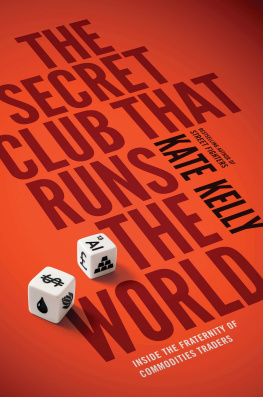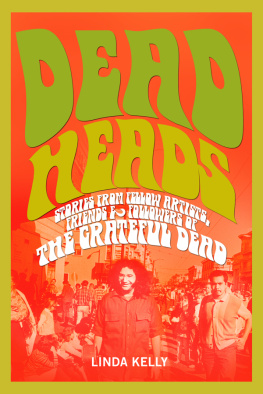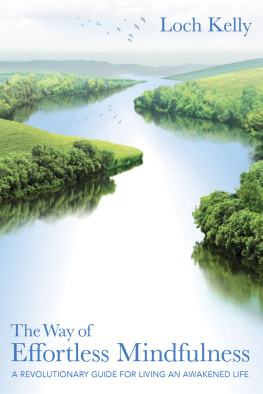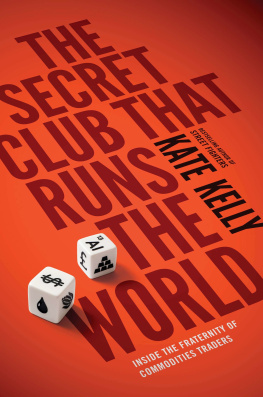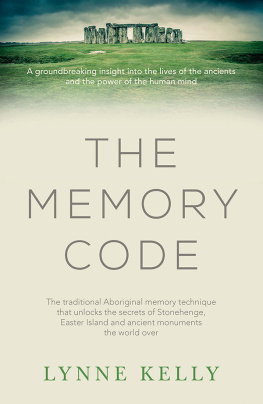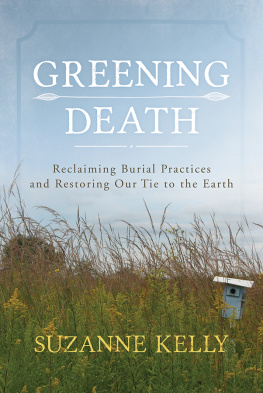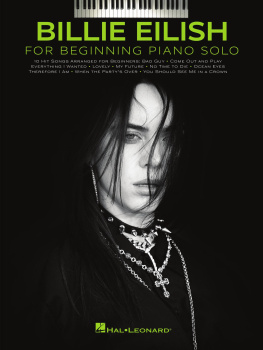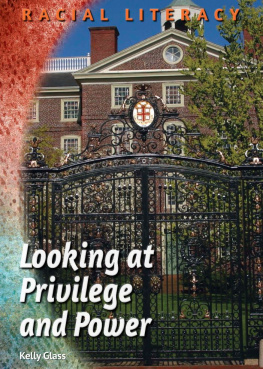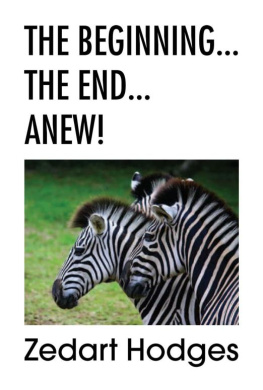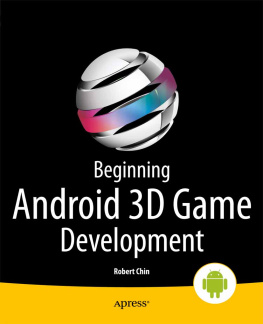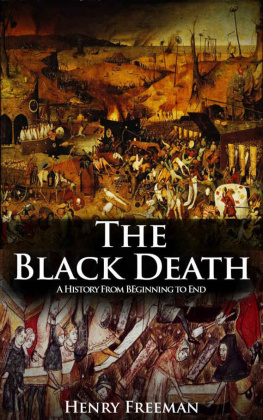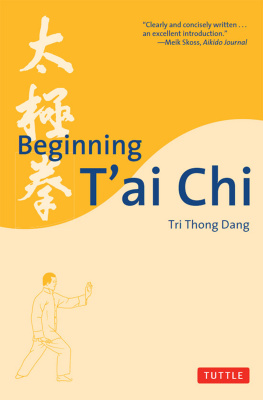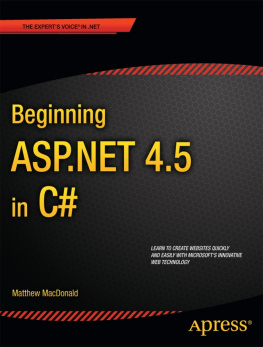Preface
I think of myself as a dirt archaeologist. I like nothing better than surveying the mountains for sites or digging in the dirt for scraps of bone and broken arrowheads. Ive done exactly that for the last forty-three years, and I still look forward to my time in the field each summer. Like most archaeologists, I do archaeology because I enjoy being dirty, crouching in an excavation in the baking sun, bathing in glacial mountain streams, and mapping a site in a cold, driving rain. Also, like most archaeologists, I do archaeology because of a deep need to understand human history.
Ask archaeologists to justify what they do for a living, and they will say that they study the past in order to know the future. Unfortunately, few of us do more than pay lip service to that claim. I decided it was time for me to do more than that; the result is the book before you.
I dont intend to use prehistory to predict the future, to foretell what is coming so that I can get ahead of the curve. Instead, I want to understand the past so that I can help create the future. I suppose becoming a father had something to do with that; I care about the world my sons will inhabit. However, Im not a politician and never will be, so I wont create the future by running for office. Nor am I in a financial position to put wealth toward a good cause. And Im not an economist who might tell us how to structure an economy so that folks at the bottom dont get hurt. No, Im just a dirt archaeologist. So I use what I know, prehistory, and this book is my small contribution toward making the world a better place for future generations.
That last sentence will strike many as silly, even Pollyannaish. Naively, in the early twentieth century some people believed humanity was on the verge of world peace. Then World War I hit. Serves us right, Im sure some people thought. We let our guard down, and we got tank and gas warfare. Our attitude toward the future has gone downhill ever since. Some days it does seem as though theres no reason, none at all, to be hopeful. But I choose to remain hopeful, because if I dontif we dontthen surely the world will go to hell. Im frankly not an optimistic person, but I am a practical one. So I choose the attitude that will lead to the result we all seek.
I also choose to keep this book short and sweet and, in places, lighthearted. Its not that I dont take prehistory seriously, to say nothing of the worlds future. In fact, its precisely because I take both seriously that I wanted to write a book people might actually read. If you want a long, somber recitation of all the stuff thats going to hit the fan in the coming years, there are plenty of other books. Ill focus on what humanity could do right, rather than on what humanity has done wrong.
Some of my colleagues will quibble about how Ive chosen to present prehistory, and they may not like all the details and alternative perspectives that Ive left aside. I apologize in advance to them, but Ive got to tell the story as Ive come to understand it. And I focus on the big picture because I think thats archaeologys greatest contribution.
This book began as a lecture at Washington State University in 2007 at the invitation of the Department of Anthropology. I appreciate the patience of the audience who had to hear the first, unformed version of these ideas. I developed the ideas in additional lectures at the Universities of Arizona, Colorado, Nevada, and Wyoming. Again, I appreciate the opportunities those lectures gave me to think more about this subject.
I began writing the book while on sabbatical leave at St. Johns College at the University of Cambridge in the fall of 2012. I appreciate the office space that St. Johns gave me (especially since it overlooked the Masters Garden) and conversations with Robert Hinde and an old friend, Nick James. I also thank James Ahern, Mark Heinz, Stephen Lekson, Lin Poyer, Rachel Reckin, Torben Rick, Lynne Schepartz, and Carla Sinopoli for providing comments on earlier drafts; Lenore Hart for helping me write a prospectus; University of California Press editor Reed Malcolm for taking a chance on the book; and copy editor Barbara Armentrout. There are too many to list here, but I also thank my many colleagues who kindly answered questions over the past several years as I worked on the manuscript. All mistakes, of course, are mine alone.
My career as an archaeologist has given me the opportunity to travel around the world. Those travels gave me a perspective that was crucial to this books completion. And I couldnt have made those travels, and I couldnt have written this book, without Lin Poyerfriend, confidante, critic, and wife. Thank you. Where shall we go now?
Robert L. Kelly
Laramie, Wyoming
May, 2016
CHAPTER 1
The End of the World as We Know It
I have seen yesterday. I know tomorrow.
Inscription in Tutankhamuns tomb
My father, the elderly woman said quietly, was born in slavery.
In the 1980s, when I was teaching anthropology at the University of Louisville, I gave a lecture using archaeology to peer into the future. I tried to be optimistic and thought I had succeeded, but a student in the front row raised his hand and said dejectedly, The way things have been is the way things always will be. I was struggling for an answer when an elderly African American woman came to my rescue. I knew this woman because she frequently stayed after class to chat. I knew that she had been born in 1905; that she had had no chance for an education early in life; and that she had seen to her childrens and grandchildrens education before deciding it was time for her own. But I clearly didnt know everything about her.
As she spoke, students turned and looked at the woman, as if seeing her for the first time. None had ever been so close to the heinous institution of slavery. She explained that her father had been born just before the Emancipation Proclamation and had married late in life. He had lived through Reconstruction, and she had lived through the Jim Crow era, KKK lynchings, Selma, and the civil rights movement. Things do change, she concluded.


